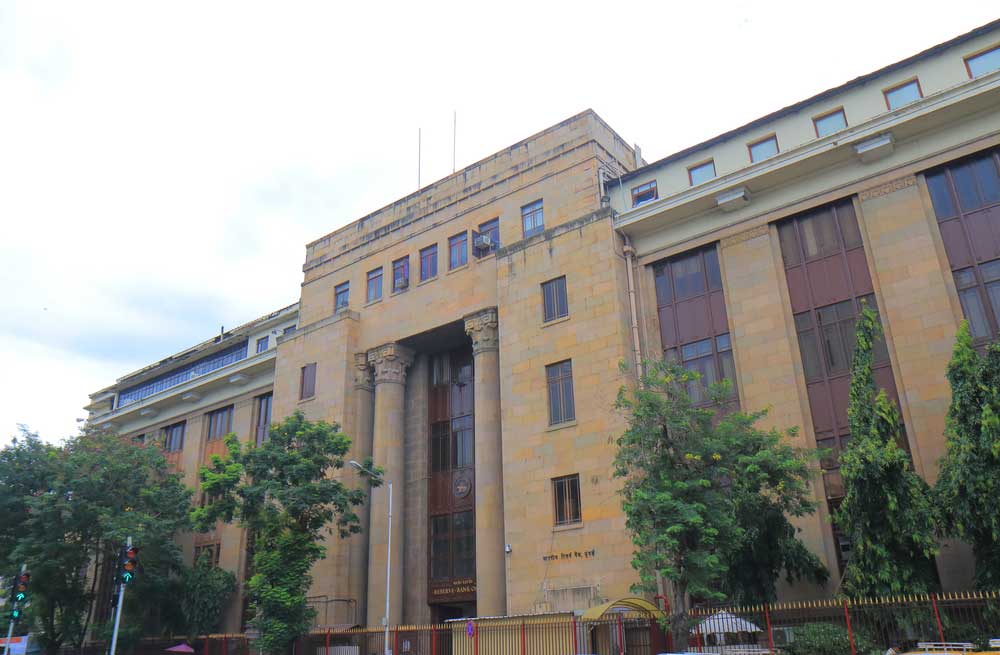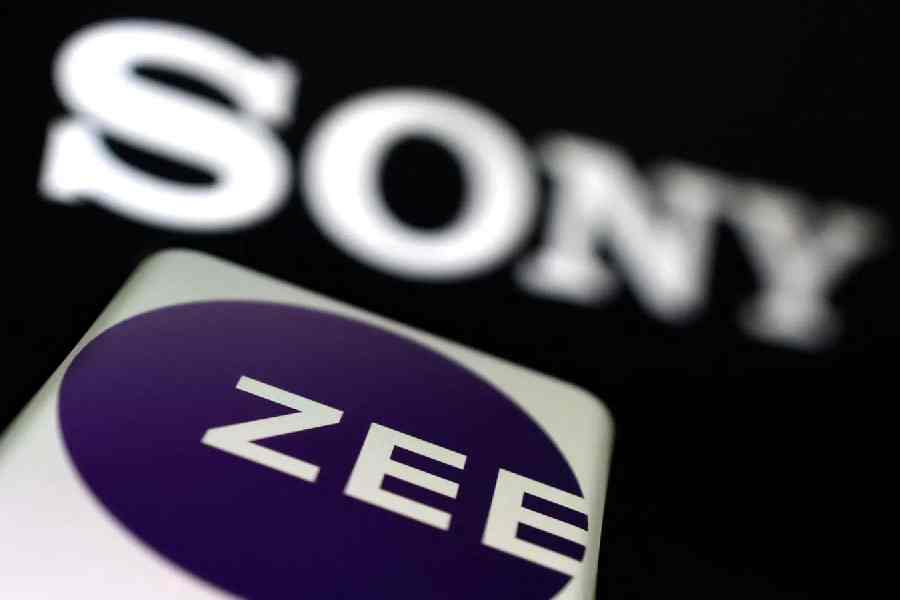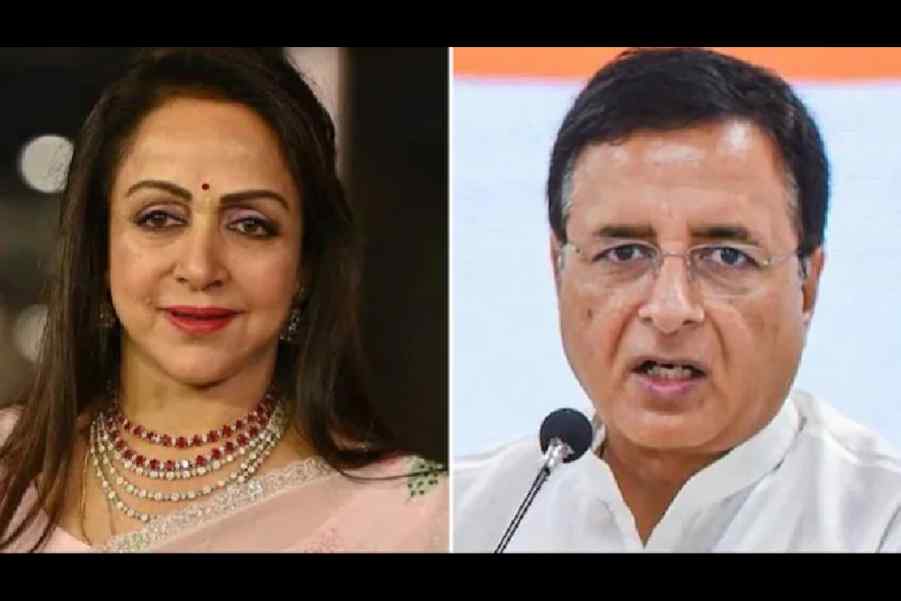The Reserve Bank of India (RBI) on Thursday took three state-owned lenders out of the prompt corrective action (PCA) framework, lifting lending restrictions on the bank trio and providing some relief to the poll-bound government.
The three banks — Bank of India, Bank of Maharashtra and Oriental Bank of Commerce (OBC) — were among 11 public sector lenders that were brought under the PCA framework by the apex bank.
The RBI had put in a revised PCA structure with effect from April 1, 2017, where the performance of banks was determined on the basis of three criteria — capital, asset quality and profitability.
The corrective framework was one of the points of tension between the central government and the RBI, then led by Urjit Patel, which culminated in the resignation of Patel.
The Centre was of the view that the framework puts restrictions in various areas of operation of banks, including fresh lending, expansion, and salary hikes, that have hurt the flow of credit to the critical MSME sector. The government wanted the RBI to relax the PCA norms but the banking regulator was not comfortable in doing so.
At its board meeting on November 19, the RBI had decided to refer the issue of relaxing the PCA framework to the Board for Financial Supervision (BFS) of the central bank.
With the government infusing capital in PSU banks and some of the lenders reporting better numbers for the third quarter ended December 31, 2018, there was an expectation that at least two banks will come out of the PCA framework.
For instance, at least two banks — Bank of India and Bank of Maharashtra — had non-performing assets as a percentage of total assets that were lower than the threshold of 6 per cent set by the RBI. Bank of India had a net NPA of 5.87 per cent, while Bank of Maharashtra’s NPA was 5.91 per cent.
In a late evening statement, the RBI said it had taken the decision after a review of the performance of these three banks.
It pointed out few lenders were not in breach of the PCA parameters on the basis of their results in the third quarter, except Return on Assets (RoA). According to rules, bank having negative RoA for at least two consecutive years will come under the PCA framework.
However, the RBI said the lenders with weak ROA have given it in writing that they would comply with the norms of minimum regulatory capital, net NPA and leverage ratio on an ongoing basis.
Further, they have told the RBI that they are making various structural and systemic improvements.
According to the RBI, the government has also said the capital requirements of these banks will be duly factored in while making bank-wise capital allocations during the current financial year.
“Taking all the above into consideration, it has been decided that BoI and Bank of Maharashtra which meet the regulatory norms including Capital Conservation Buffer (CCB) and have net NPAs of less than 6 per cent as per third quarter results, are taken out of the PCA framework subject to certain conditions and continuous monitoring,’’ the apex bank disclosed.
In case of Oriental Bank of Commerce, the net NPA is 7.15 per cent in the third quarter. The government had since infused sufficient capital and the bank had brought down the net NPA to less than 6 per cent. The restrictions on Oriental Bank were lifted, subject to certain conditions.
However, the RBI will monitor the performance of these banks under various parameters.










